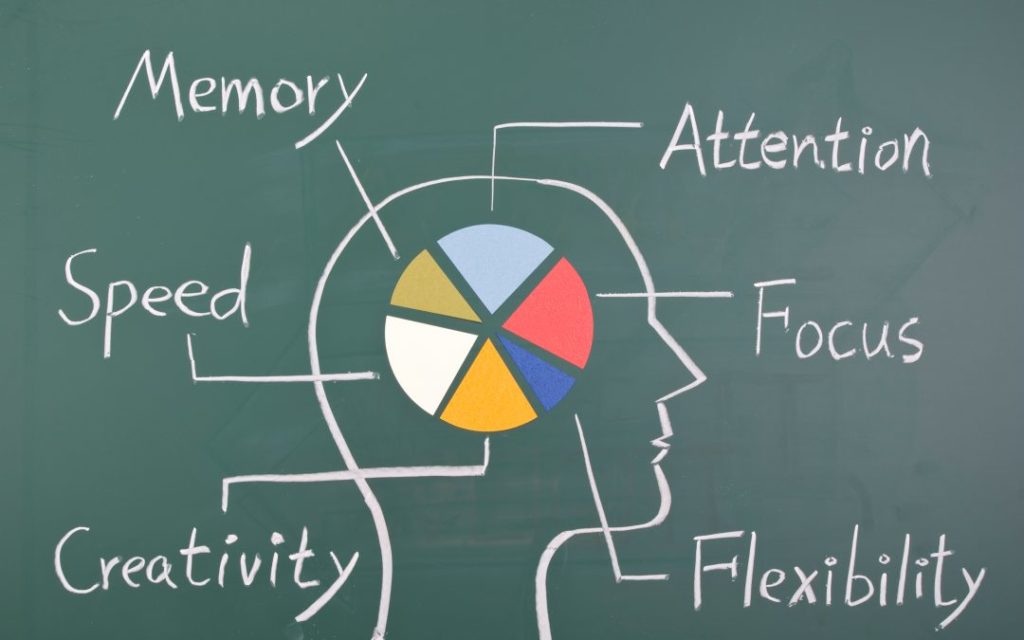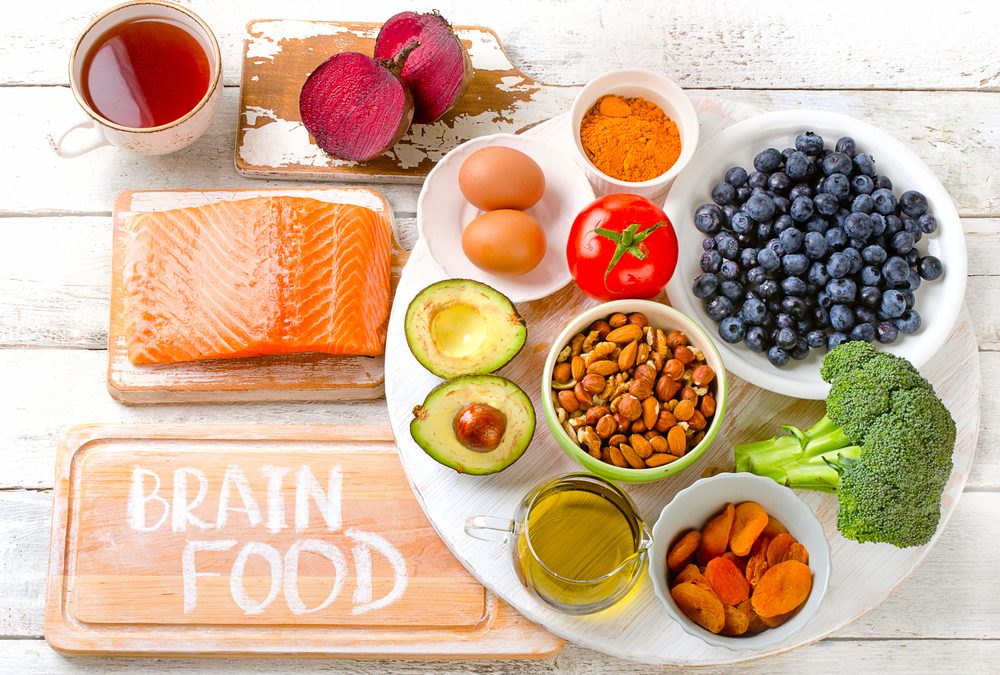Normal Changes vs. Disease
Growing older brings shifts in how we think and remember, but not all changes signal disease. The National Institute on Aging points to “cognitive reserve”—the brain’s built-in resilience—as a key reason some people stay sharp while others struggle. Education, lifelong learning, and mentally demanding activities seem to bolster that reserve, delaying the point at which problems surface.
Why Cognitive Reserve Matters
Higher cognitive reserve can postpone the symptoms of conditions like Alzheimer’s, even when underlying pathology is present. That matters a lot: Alzheimer’s is currently the sixth leading cause of death in the U.S., with costs projected to soar in coming decades. Early clues often include memory lapses, getting lost or disoriented, trouble with language, planning, or judgment, mood or personality shifts, misplacing items frequently, and difficulty completing everyday tasks. These signs exist on a spectrum—from typical forgetfulness to changes that warrant medical attention.
Three Levers You Can Pull Today
Keep learning
Harvard-linked research suggests that staying mentally active—through formal education, complex work, or hobbies—helps maintain brain function. Structured “brain training” has shown promise too: in the ACTIVE trial, older adults who completed short courses in memory, reasoning, or processing speed retained improvements even a decade later.
Stay physically active
Regular aerobic movement—think 15–20 minutes of cardio most days—has been associated with slower white-matter deterioration and milder cognitive decline. Meta-analyses point to exercise, especially aerobic training, as a practical way to delay age-related cognitive changes, even if individual study results vary. The bottom line: move often; your brain benefits alongside your heart.
Feed your brain (hello, omega-3s)
EPA and DHA—the long-chain omega-3s concentrated in fatty fish and certain supplements—are anti-inflammatory and structurally important in the brain, particularly DHA. Animal and human studies suggest they may counter amyloid and tau changes, support blood flow in cognition-critical regions, and relate to better task performance. Imaging work has linked higher Omega-3 Index scores (a lab measure of EPA+DHA in red blood cells) with stronger regional brain perfusion during cognitive tasks.
More recently, community data from older adults showed that higher RBC EPA+DHA tracked with better executive function over two years—the mental skill set behind planning, organizing, and getting things done—even when overall screening scores (like the MMSE) didn’t budge. In short: omega-3 status seems to matter most for the “doer” part of cognition.
Making Omega-3s Work for You
If fish rarely lands on your plate, consider building in salmon, sardines, mackerel, or trout a few times a week, or use a quality EPA/DHA supplement (algal DHA is a good vegan option). To know where you stand, the Omega-3 Index provides a personalized baseline and a target to aim for; retesting after 8–12 weeks confirms whether your changes are moving the needle.
The Takeaway
Brains age uniquely. You can tilt the odds in your favor by challenging your mind, moving your body, and supporting your biology—omega-3s included. None of these is a cure for dementia, but together they can strengthen cognitive reserve, sustain executive function, and help you stay capable and independent longer.




